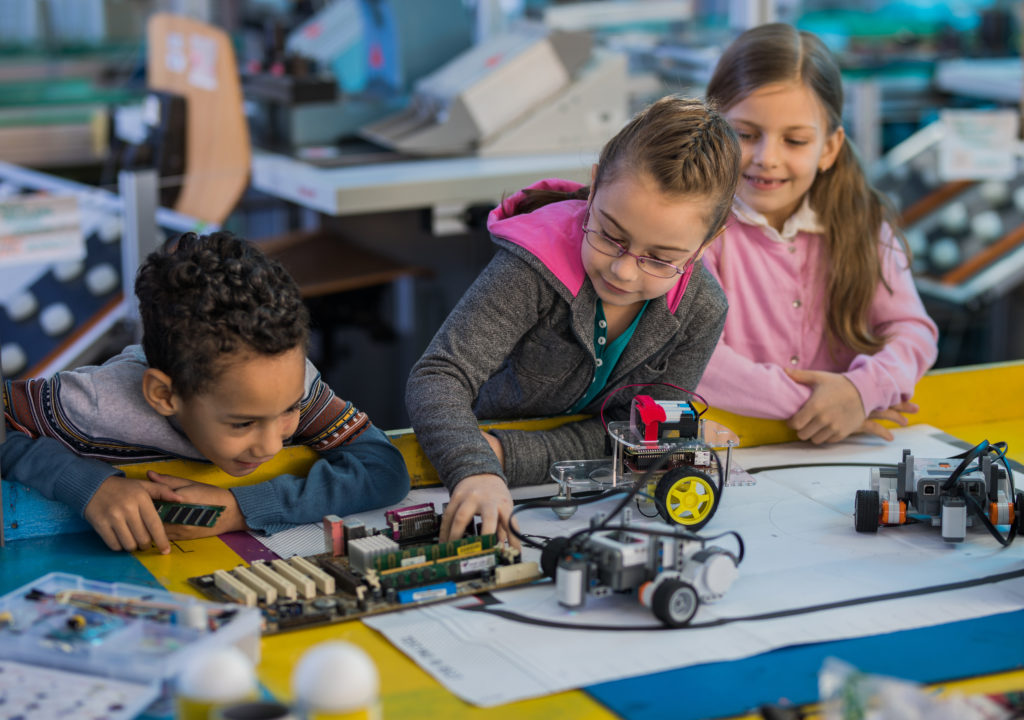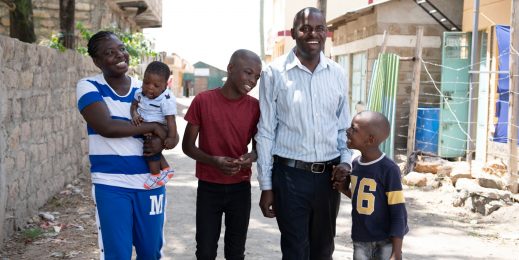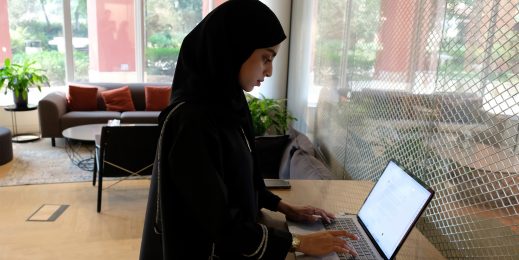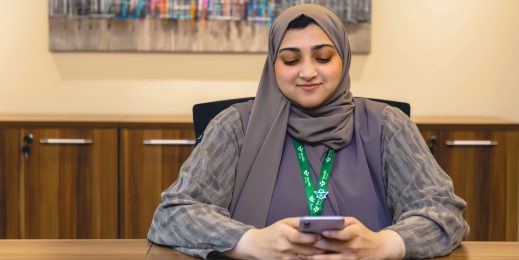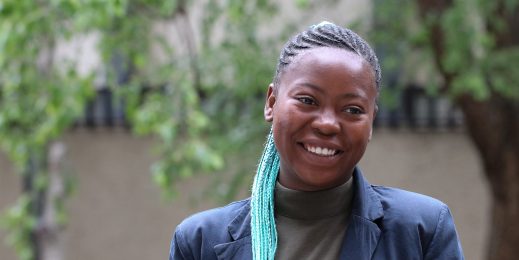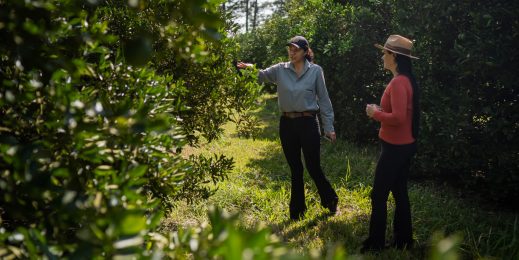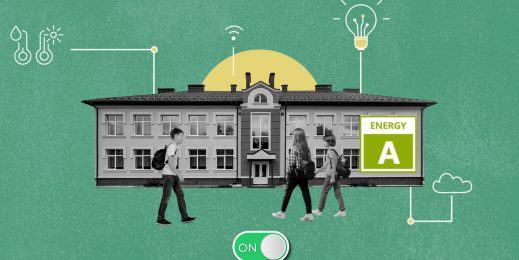
Turning the next generation into everyday superheroes thanks to Hour of Code 2019
When you think of coding, your first thoughts might be about highly specialized technical know-how. But did you know that effective coding requires skills like creativity, innovation and collaboration too – all of which will be hugely important for the workforce of tomorrow?
According to Microsoft research with McKinsey, the fastest growing occupations, such as technology professionals and healthcare providers, will require a combination of digital and cognitive skills such as digital literacy, problem solving and critical thinking. Young people having access to learning tools to improve both these sets of skills is crucial – a fact non-profit organizations like JA Europe recognize through their work to get young people ready for the future of work. If young people are given the opportunity to develop their digital skills, the European Labor Market will see significant benefits when they move into the workforce. According to a LinkedIn Economic Graph report, AI Talent in the European Labour Market, training and upskilling ‘near-AI’ talent could double the size of the current AI workforce in the EU. It also found that AI skills are concentrated in a small number of countries and that this must be addressed to reduce the digital skills gap in Europe.
In conjunction with Computer Science Education Week which began yesterday and extends to December 15, Microsoft continues its multi-year commitment to Hour of Code, a global movement that introduces students to computer science and demystifies what coding is all about. Activities are running across Europe to fuel imagination and demonstrate how these skills could be used to solve some of the world’s biggest problems. As such, code has the power to turn anyone into an everyday superhero.
To bring this to life, Microsoft is inviting young people to ‘save the day’ through Computer Science. Created in partnership with MakeCode, a new Minecraft tutorial combines code, Artificial Intelligence and problem solving skills. It is inspired by various Microsoft AI for Earth projects and encourages students to use their critical thinking skills to plot where forest fires could happen, put plans in place to stop them with AI and ultimately save the Minecraft village!
Since 2012, Microsoft has helped more than 137,000 young people and educators in Europe through Hour of Code events and programs. And, as the end of the decade draws near, we are keen to support even more people to get into coding and show how it can change the world. If you’re looking to help your children or students become coding superheroes, we have developed two training guides – one for students and one aimed at educators – no cape needed!
Go forth and code!
Hour of Code initiatives are running across Europe, including:
- Poland (December 6) – Hosting a series of workshops for Saint Nicholas Day that will teach 60 7-10 year-olds how to code with AI
- Bulgaria (December 9 – 13) – Hosting a series of coding workshops for secondary school students throughout Computer Science Education Week.
- Bosnia and Herzegovina (December 9 – 13) – Hosting a series of coding workshops for secondary school students throughout Computer Science Education Week.
- Estonia, Latvia and Lithuania (December 9 – 13) – Hosting a series of events across the Baltic region, including an Hour of Code competition that will help students blend the skills in art and coding.
- Ukraine (December 9 – 13) – Hosting a series of coding workshops for secondary school students throughout Computer Science Education Week.
- Sweden – A collaboration between Microsoft Sweden and NGO Kodcentrum, which will leverage the ‘Hour of Code’ to empower and inspire young girls about the opportunities for women in tech
- Belgium (December 9 – 13) – Microsoft BeLux is welcoming 800 school children, aged 7-12, across the year to its Brussels office for its DigiKids program. This free initiative sees the children attend an Hour of Code Minecraft tutorial in the Microsoft office before they head onto Brussels Airport for a behind the scenes tour about how the airport operates and the skills needed.
- Czech Republic & Slovakia (December 9 – 13) – Hosting an event for 20 kids in the school in Bratislava, as well as a set of coding workshops in Czech republic with Czechitas and at schools during the whole coding week.





